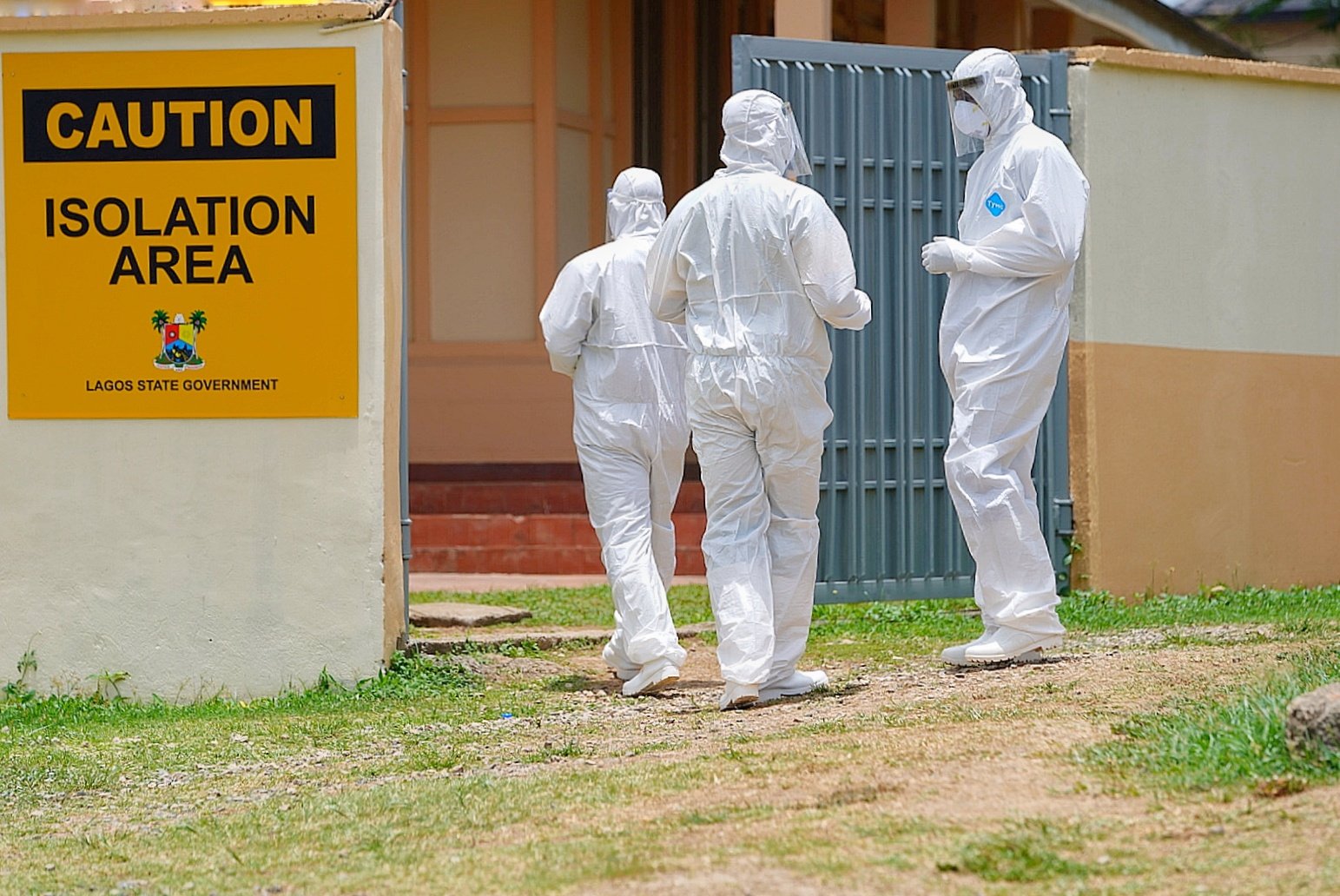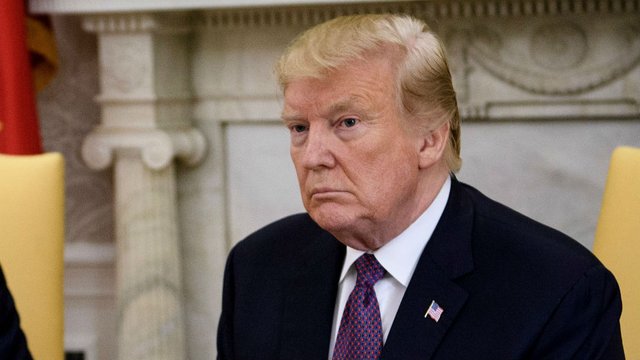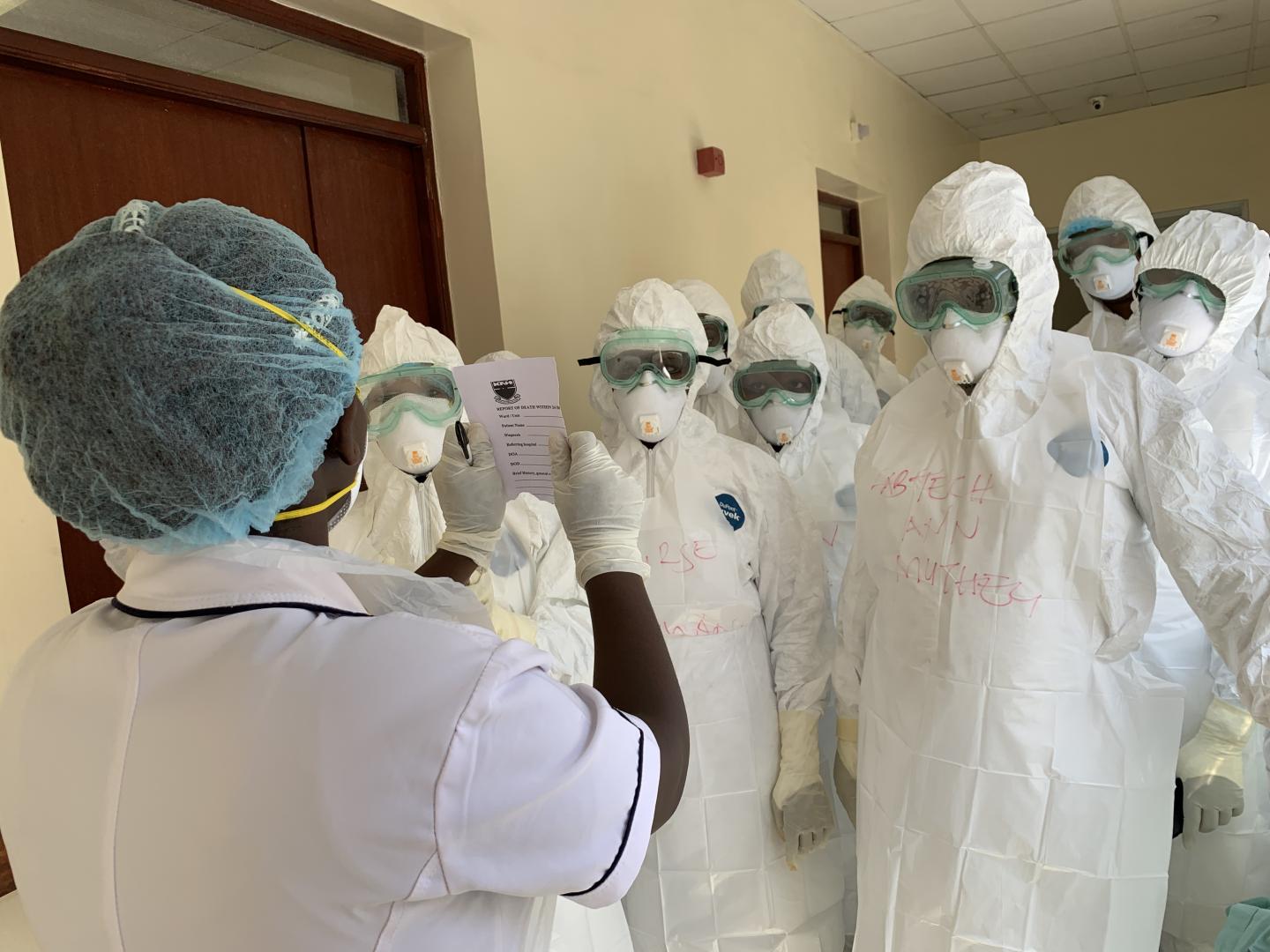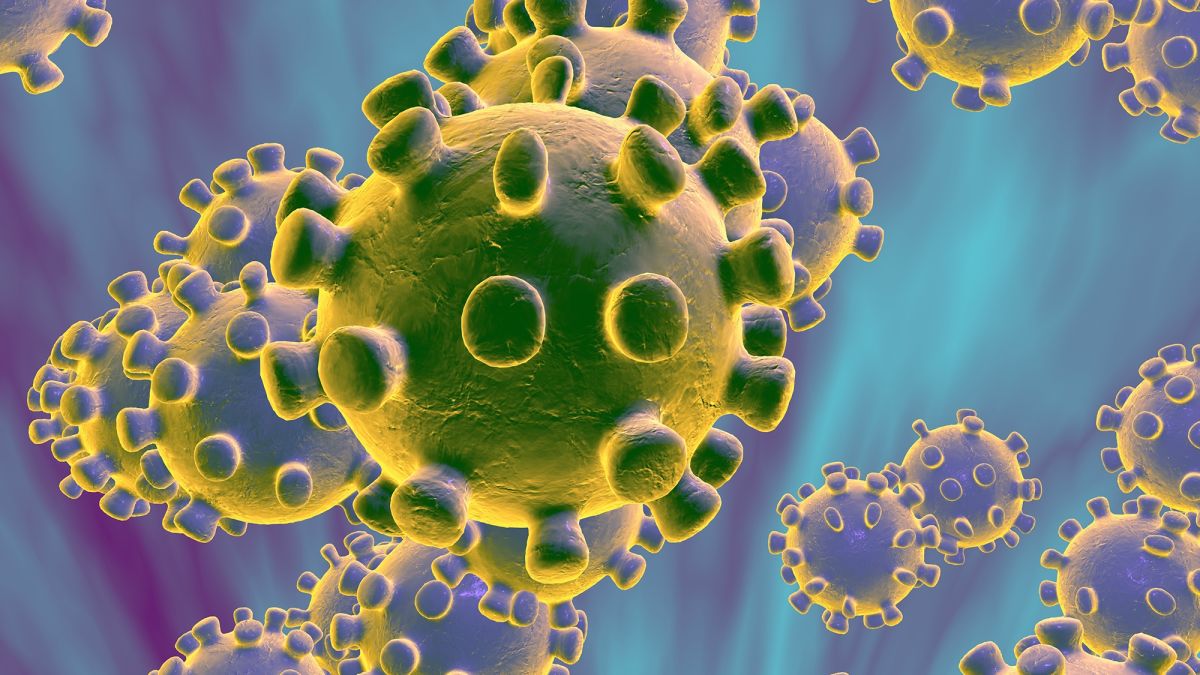Some African countries could see a peak in coronavirus cases in the coming weeks and testing should be urgently increased in the region, World Health Organisation (WHO) officials have said.
“During the last four days, we can see that the numbers have already doubled,” Michel Yao, the WHO Africa programme manager for emergency response, told a media teleconference yesterday.
“If the trend continues, and also learning from what happened in China and in Europe, some countries may face a huge peak very soon,” he said, adding that it could arrive in the coming weeks, but without naming countries.
The numbers of recorded coronavirus infections in Africa have been relatively low so far – with nearly 11,000 cases and 562 deaths, according to a Reuters tally based on government statements and WHO data.
Yesterday, Zambia imposed several measures, including the closure of all education institutions, banning public gatherings of 50 or more people and suspending non-essential foreign travel.
The WHO’s Africa chief, Matshidiso Moeti, said there is an urgent need to expand testing capacity beyond capital cities in Africa as the virus spreads through countries.
“Without help and action now, poor countries and vulnerable communities could suffer massive devastation,” WHO Director General Tedros Adhanom Ghebreyesus told diplomats in Geneva.
Meanwhile, the African Union (AU) said yesterday that a controversial suggestion made by French doctors to test a coronavirus vaccine in Africa smacks of colonialism and will not be pursued.
“We condemn in no uncertain terms any attempt to come and try this vaccine on Africa and we reject it totally.
“The times of the colonialists are past gone,’’ Kwesi Quartey, the Deputy Chairperson of the AU said in Addis Ababa.
He noted that the continent has had the “least amount of casualties’’ from the virus, with a total of 572 deaths recorded and suggested that any vaccine be tested in the worst-affected places such as New York, Paris or Italy.
During a programme that aired on French television recently, Camille Locht from France’s National Institute of Health and Medical Research and Jean-Paul Mira from the Cochin Hospital in Paris suggested Africa as a location for vaccine tests.
According to them, people there do not have masks, treatments or resuscitation.
The doctors’ comments caused uproar and were condemned by the French embassy in South Africa, among others.
Quartey also took issue with recent comments by U.S. President Donald Trump criticising the coronavirus response by the World Health Organisation, which is led by Tedros Adhanom Ghebreyesus, an Ethiopian national.a



